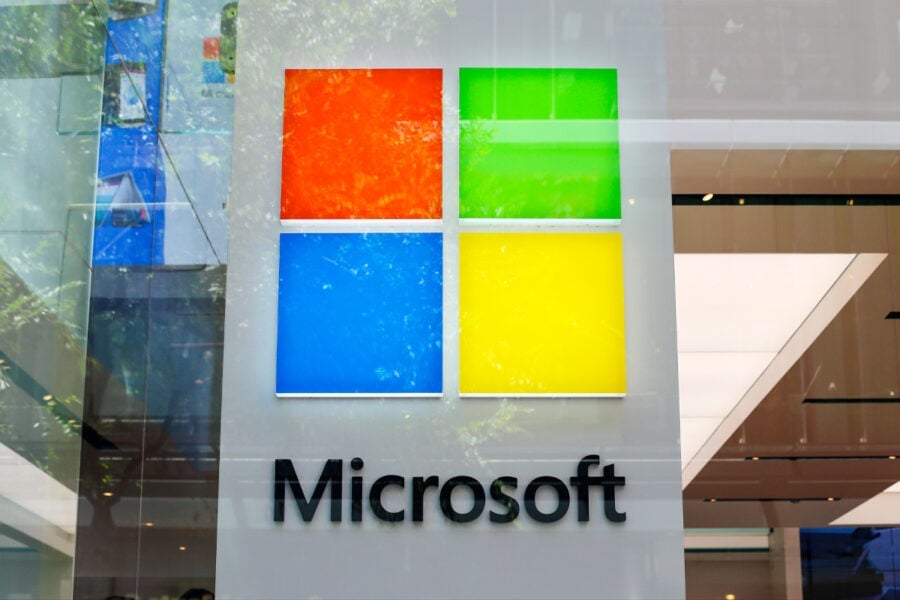Microsoft is trying to make it harder for users to deceive AI chatbots by making them do strange or ambiguous things, writes Bloomberg.
For this purpose, the company has developed special tools that are built into Azure AI Studio, a service that allows creating personalized AI assistants.
These tools contain special prompt shields aimed at detecting and blocking deliberate attempts to make an AI model behave in an unpredictable way.
In addition, Microsoft is fighting against indirect prompt injections, when hackers insert malicious instructions into training data, forcing the model to perform illegal actions such as stealing information or taking over a system.
Microsoft explains that the new protections are designed to detect suspicious inputs and block them in real time. The company is also introducing a feature that warns users when the model invents something or generates false answers.
Microsoft aims to increase the trust in its generative AI tools, which are now used by both consumers and corporate clients.
In February, the company investigated incidents involving the Copilot chatbot, which generated answers that ranged from strange to malicious. After analyzing the incidents, Microsoft said that users were deliberately trying to mislead Copilot to generate answers.



Loading comments …